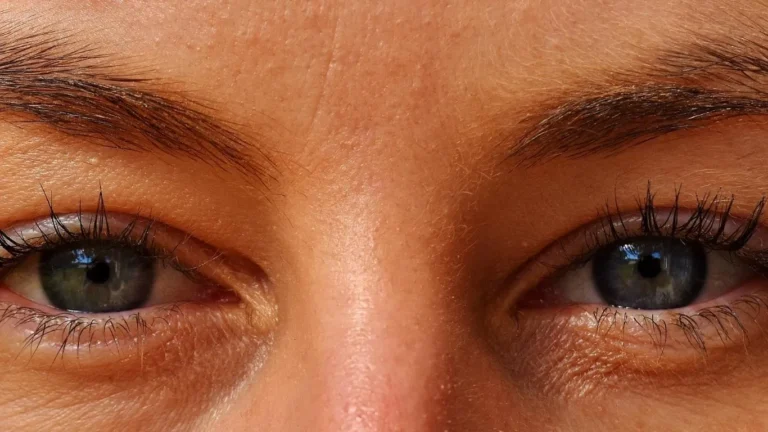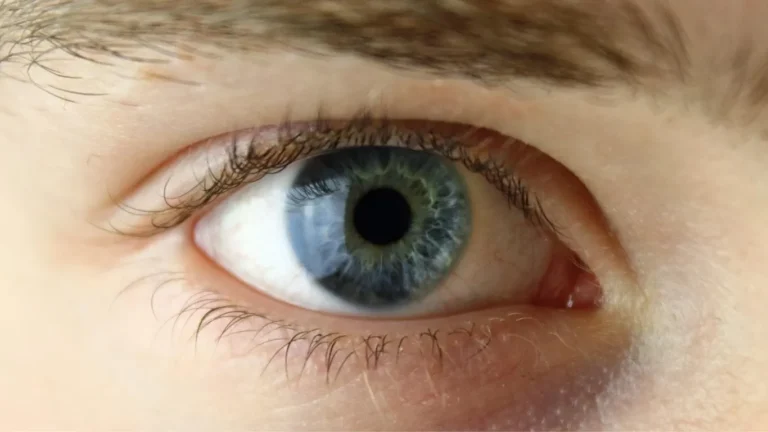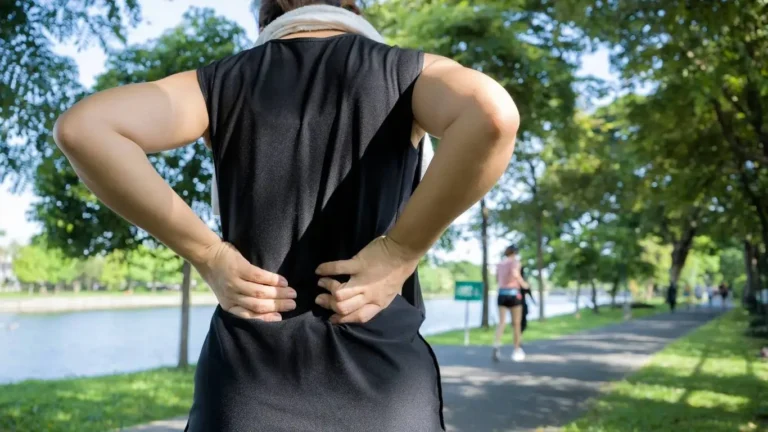Rheumatoid Arthritis and Bone Density Loss: What You Need to Know
Dealing with rheumatoid arthritis (RA) means more than just joint pain. One of the often-overlooked consequences of RA is how it affects your bone density. Let’s dive into why that happens, how it impacts your health, and what you can do about it.
If you’re living with rheumatoid arthritis (RA), you’re probably familiar with the aches, stiffness, and the feeling of joint inflammation. But what about bone density loss? It’s another common concern for people with RA that doesn’t always get enough attention. In this article, we’ll explore why bone density loss occurs in people with RA, how it affects your body, and some tips on how to keep your bones strong. It’s all about taking control of your health, even when dealing with RA.
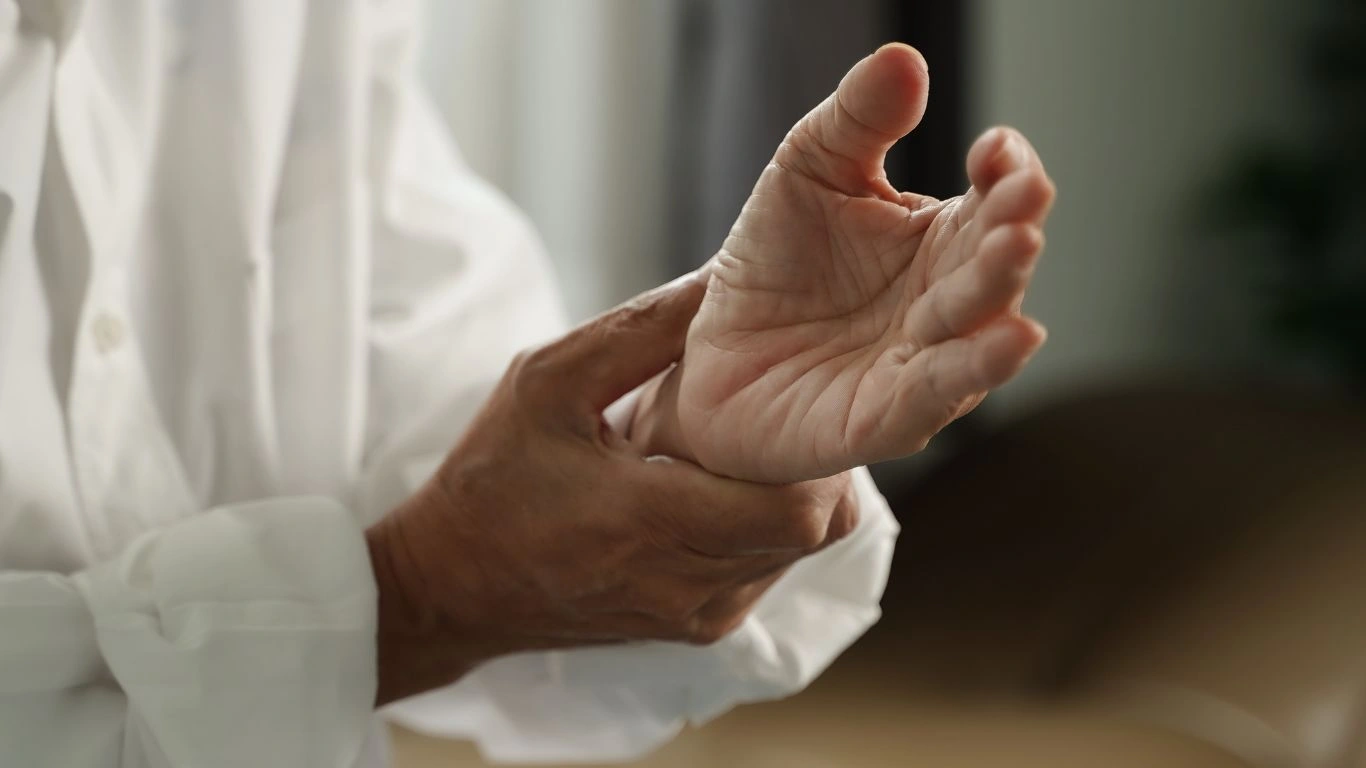
Why Does RA Affect Bone Density?
Rheumatoid arthritis isn’t just a condition that targets your joints; it can affect your entire body, including your bones. In RA, your immune system goes haywire and starts attacking the lining of your joints (called synovium). This causes inflammation, which, over time, can damage cartilage and bones. But it’s not just the joint damage that’s the problem — inflammation also plays a role in bone loss.
When inflammation is high, your body releases chemicals that promote bone resorption (breaking down bone). This is a big deal because bone resorption outpaces bone formation, leading to decreased bone density. To make things more complicated, the medications used to treat RA — like corticosteroids — can also contribute to bone loss by interfering with your body’s ability to absorb calcium and form new bone. So, it’s like a double whammy.
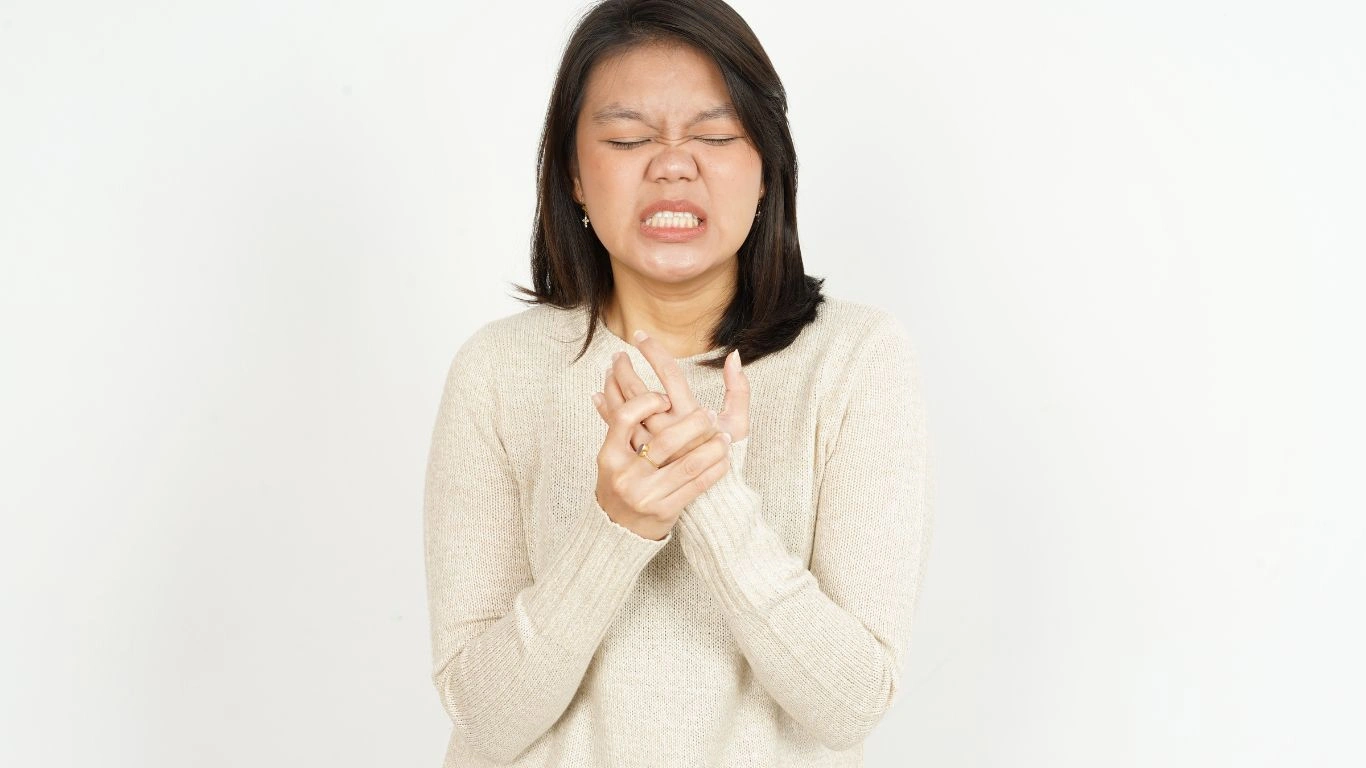
How RA and Bone Density Loss Are Connected
When bones lose density, they become weaker and more brittle. This condition is known as osteoporosis. RA-related osteoporosis is particularly tricky because it can happen even in younger people with RA, and sometimes, you might not feel it until a fracture happens. The bones most at risk are the spine, hips, and wrists. Since people with RA are already at higher risk for fractures due to joint instability and pain, bone density loss only adds to the issue.
But here’s the thing: it’s not all doom and gloom. With the right treatment and lifestyle adjustments, bone density loss can be managed, and you can still live an active, healthy life despite having RA.
How Does RA Medication Impact Bone Health?
You might be wondering, “Okay, but how do the meds I’m taking for RA play into this?” Good question! Medications like corticosteroids (prednisone is a common one) are a key part of managing RA symptoms. But while they do a great job at reducing inflammation, they can also weaken bones. Corticosteroids interfere with calcium absorption and bone formation, which can lead to bone thinning over time.
Other RA medications, like disease-modifying antirheumatic drugs (DMARDs) or biologics, don’t typically have the same effect on bone density as corticosteroids. However, it’s still important to be aware of the risk and take proactive steps to protect your bones.
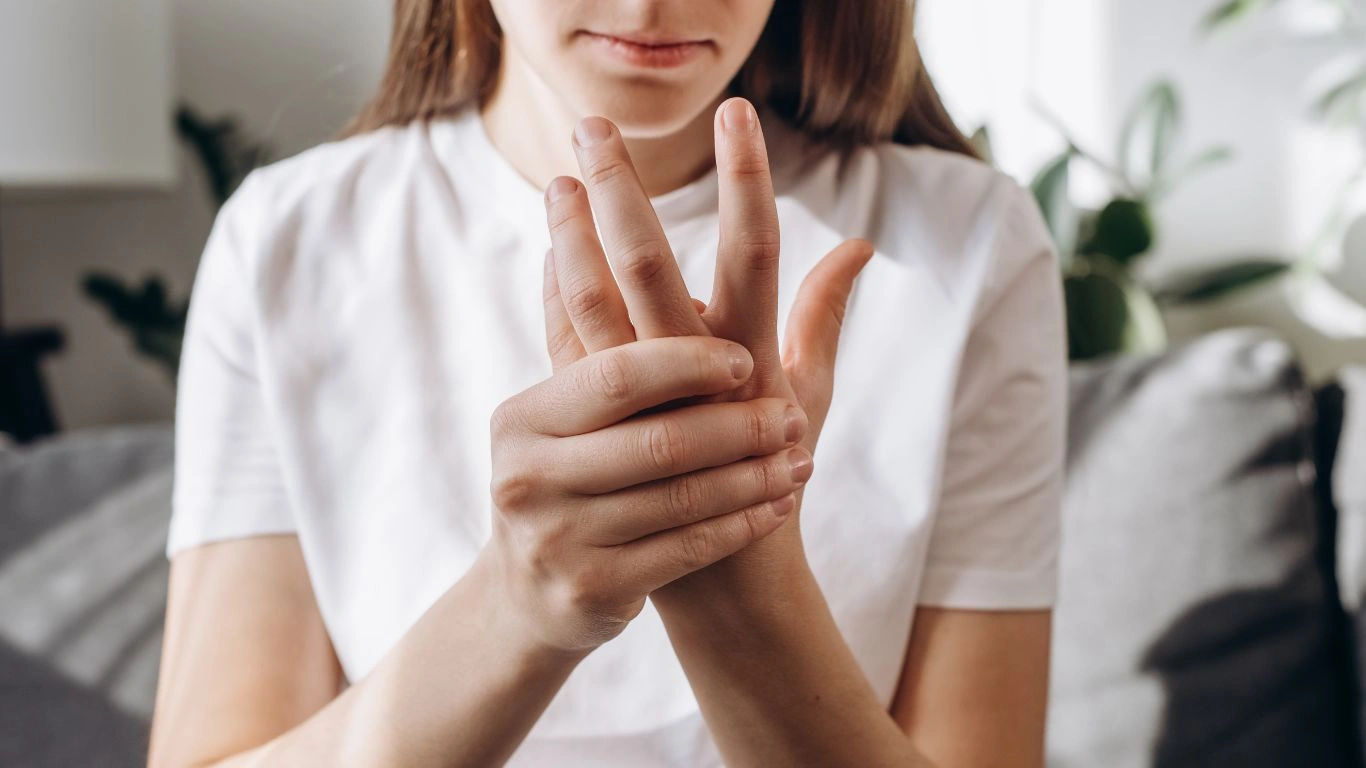
Tips for Protecting Your Bones with RA
The good news is that you’re not just at the mercy of RA and its effects on your bones. There are things you can do to help maintain bone density and keep your skeleton strong.
1. Get Your Calcium and Vitamin D
Calcium is a major player when it comes to bone health. You probably already know this, but making sure you get enough calcium in your diet is crucial. You can get calcium from foods like dairy products, leafy green vegetables, and fortified foods. Vitamin D helps your body absorb calcium, so it’s a good idea to get some sun exposure or take a supplement if you’re not getting enough.
2. Weight-Bearing Exercises
Even though RA can make it tough to move around sometimes, weight-bearing exercises (like walking, jogging, or light weightlifting) are super important for keeping your bones strong. These exercises put stress on your bones, which helps stimulate bone formation and slow down bone loss.
3. Balance Medications with Bone Health
If you’re on steroids, talk to your doctor about ways to protect your bones. This might include taking medications like bisphosphonates (which help prevent bone loss), as well as adjusting your diet and exercise routine to help counteract the effects of steroids.
4. Monitor Bone Density
If you have RA, it’s a good idea to get regular bone density tests (like a DEXA scan) to keep an eye on your bone health. Your doctor can help determine the best schedule for these tests based on your risk factors.
5. Quit Smoking and Limit Alcohol
Both smoking and excessive alcohol consumption can contribute to bone loss, so making changes in these areas can have a big impact on your bone health. Quit smoking if you haven’t already, and try to limit alcohol intake to support your bones.

Conclusion
Rheumatoid arthritis and bone density loss are closely linked, but that doesn’t mean you’re powerless. With the right approach, you can manage both the symptoms of RA and protect your bones from further damage. Whether it’s by adjusting your medication, improving your diet, or staying active with weight-bearing exercises, there’s a lot you can do to keep your bones strong. Talk to your healthcare team about creating a plan that works for you, and make bone health a priority in your RA journey.
Appendices
FAQs
- Why is bone density loss common in RA patients? RA causes chronic inflammation that leads to bone resorption. Medications like corticosteroids also contribute to bone thinning by interfering with calcium absorption.
- Can osteoporosis be prevented in people with RA? While osteoporosis can be difficult to prevent entirely in RA, you can manage the risk by getting enough calcium, vitamin D, and exercising regularly.
- Are there medications to help protect bones in RA patients? Yes, medications like bisphosphonates or hormone replacement therapy (HRT) may be used to help prevent further bone loss. Always consult with your doctor before starting any treatment.
- Is weight-bearing exercise safe for people with RA? Weight-bearing exercises, like walking or light resistance training, are generally safe and beneficial for bone health. However, always consult your doctor about which exercises are right for you.
- How can I tell if my bones are thinning due to RA? A bone density test (DEXA scan) can assess your bone health. If you’re concerned, ask your healthcare provider for more details.
References
- American College of Rheumatology (ACR). (2023). Osteoporosis and Rheumatoid Arthritis: A Guide to Bone Health.
- National Institute of Arthritis and Musculoskeletal and Skin Diseases (NIAMS). (2024). Bone Health and RA: Managing Bone Loss.
- Smith, J. & Thompson, L. (2022). Impact of RA on Bone Density: An Overview. Journal of Rheumatology, 45(3), 121-130.
Disclaimer
The information provided in this article is intended for general educational purposes and is not a substitute for professional medical advice. Always consult with your healthcare provider to discuss any concerns regarding your health, medications, and lifestyle changes. Individual needs vary, so it’s important to receive personalized guidance from a qualified professional.

Tarra Nugroho is a dedicated Nurse Practitioner with a strong foundation in family and preventive care. She brings both compassion and clinical expertise to her practice, focusing on patient-centered care and health education. As a contributor to Healthusias.com, Tarra translates medical knowledge into clear, empowering articles on topics like women’s health, chronic disease management, and lifestyle medicine. Her mission is simple: help people feel seen, heard, and informed—both in the clinic and through the content she creates. When she’s not caring for patients, Tarra enjoys weekend hikes, plant-based cooking, and curling up with a good health podcast.


